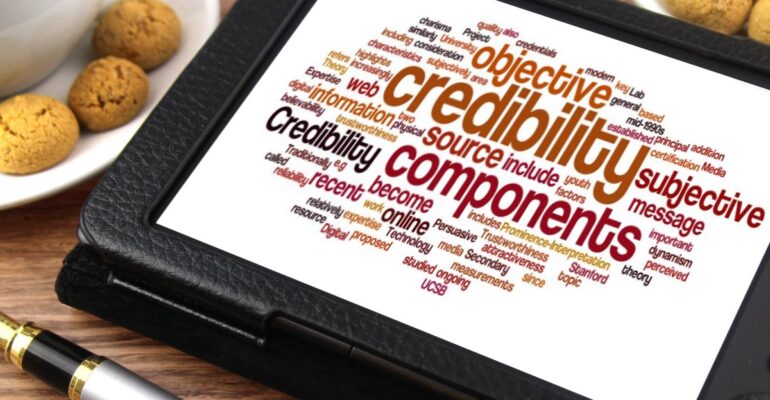The role of credibility in storytelling
A cheesy line? Or an inspiring one?
“I think it’s pointless to be hopeless. If you are hopeless, you waste your present and your future.”
If you hear someone saying this, what are you thinking?
Your reaction is probably: “Yawn, boooorrring… please don’t ‘give gyaan’ – I get enough Whatsapp forwards and FB posts already…” .
But what if I told you this:
There’s a young girl who’s been through some fairly traumatic experiences in her life, and is now engaged in improving the lot of girls across the world. She was asked, “After everything you’ve seen, how do we keep from being hopeless?”
To which she answered: “I think it’s pointless to be hopeless. If you are hopeless, you waste your present and your future.”
That girl is Malala Yousafzai, the young Nobel peace-prize winner, writing in a special recent issue of the Time magazine. The same words – when told by her – acquire a whole new meaning and becomes inspiring. Why? Credibility.
The importance of ‘Who’
In storytelling we often focus on What to say, How to say it or Why to say something. We sometimes miss out on another important aspect: ‘Who’ said (or should say) it.
In your work, if you are struggling to get a point of view across to your boss or client, ask yourself: Who would have greater credibility/authority to say this? Maybe a prominent customer voicing her pain point? Maybe a respected industry expert? Or a certified professional (like ahem, a leading CA). The credibility attached to the person convinces the audience to take the point of view seriously.
Setting context, when the ‘Who’ isn’t known
In some cases, the voice of credibility may not be known outside their specialised circles. For instance, take the case of a startup which has produced a new form of nutrition for dairy animals and is raising growth funds from investors.
When pitching to a Mumbai based investor, it wants to assure them of the technical superiority of their product and states this:
“Our product has been rated very highly by experts. Prof. Amit Tiwari of NDRI Karnal has tested it and given a highly positive recommendation, claiming that these are the best results he has seen”
Now as an IIT-IIM-educated investor sitting in your BKC office, you might be wondering – what the hell is this NDRI and who is this Amit Tiwari…? You lack the industry context, and so, the credibility isn’t coming through.
Here’s how the startup can restate its case with more impact:
“Our product has been rated very highly by experts. In India, the National Dairy Research Institute (or NDRI) at Karnal is the apex body for research in the dairy sector. Think of it as the AIIMS or IIT-Delhi of the dairy sector. In NDRI, Prof. Amit Tiwari is Principal Scientist, Dairy Nutrition – which means that he’s the top authority in the country for what cows should eat. He has tested our product and given a highly positive recommendation, claiming that these are the best results he has seen.”
Far more impactful right? That’s all it takes to build credibility into your argument. You have your ‘What’, ‘Why’ and ‘How’ answered. Make sure you get the ‘Who’ too.
*****
Featured Image credit: ‘Credibility‘ by Nick Youngson CC BY-SA 3.0 Alpha Stock Images








